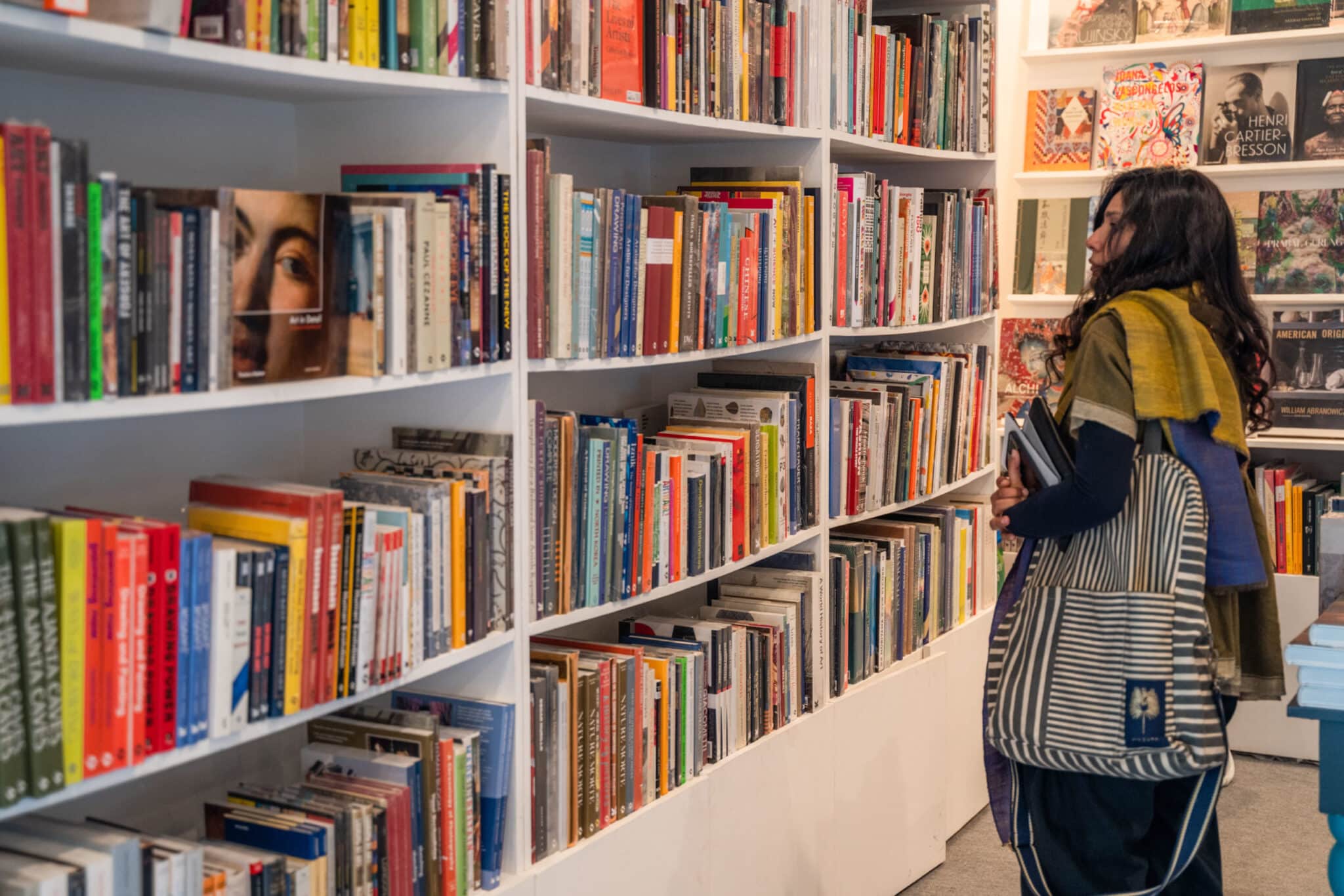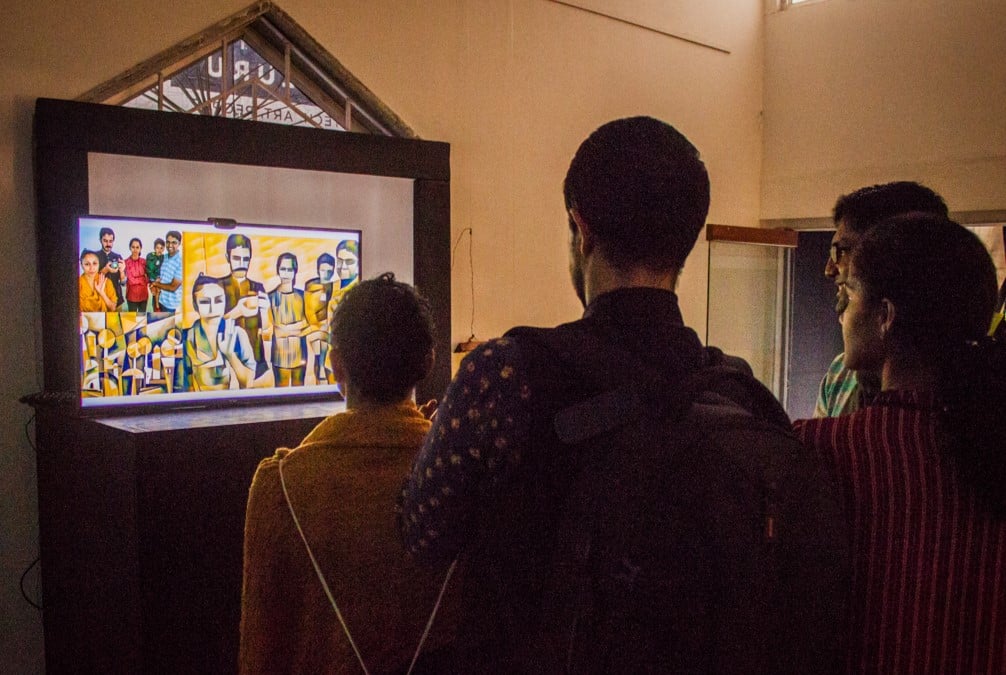

India Literature and Publishing Sector Study
Topics
In late 2020, the British Council commissioned the Art X Company to undertake a research study — India Literature and Publishing Sector Research — aimed at understanding the challenges faced by Indian publishers, agents, authors, translators and industry bodies when making literature written in Indian languages more widely available to an international English-speaking audience. In addition, the research outcome included identifying opportunities for working and collaborating more globally, specifically with the UK, in order to promote Indian literature in translation going forward. The study covered Indian trade publishing and literature sectors, particularly with stakeholders that work with India’s official languages (excluding English), and included 100 respondents across in-depth interviews and focus group discussions. The aims of the project were: To understand the challenges faced by Indian publishers, agents, authors, translators and industry bodies in making literature written in Indian languages more widely available to an international audience; To identify opportunities for working and collaborating more globally, specifically with the UK, in order to promote Indian literature in translation. The research covered ten target cities/States (Delhi, Rajasthan, West Bengal (Kolkata), Orissa, Assam (Guwahati), Maharashtra, Kerala (Kochi), Karnataka (Bangalore), Chennai and Hyderabad) and eight focus languages (Hindi, Bengali, Urdu, Punjabi, Malayalam, Tamil, Telugu, and Kannada).
Authors: Dr. Padmini Ray Murray, Rashmi Dhanwani, Kavya Iyer Ramalingam (Art X Company)
Key Findings
- On the publishing ecosystem – The publishing sector ecosystem continues to be a largely informal sector that consists of large, medium and small publishing houses.The nuances and modalities of publishing differ from language to language across India. These are further distinguishable from Multinational Companies (MNCs) operating in India, and the Indian, English publishing market in terms of marketing strategies, kind of books, relationships with bookstores, digital marketing etc.
- On the translation ecosystem – While translation of Indian literature into English as well as translation between languages have long established traditions in India, resources for translators are fairly scant. Consequently, translation is considered less of a profession and more of an amateur undertaking or done out of “passion”.
- Language specific insights – Publishing practices in Indian languages, due to their multivalent histories, differ considerably from the Anglophone publishing industry, where there are clear distinctions between different departments such as editorial, marketing, sales et al, whereas regional language publishing relies on informal networks and relationships between authors and publishers. Self publishing is also not uncommon in some languages such as Urdu, and intellectual property rights have only recently become significant in the Indian language publishing market. Even today, formal, enforceable contracts between authors and publishers are far from commonplace, though these developments are beginning to be embraced by regional language publishing.
- Role of literary culture and events – Literary festivals help with image building (of the author) and serve as a bridge to the reader and are a great promotional opportunity for publishers. Unless a literary festival is single-language focused and not based in the major metros, it tends to be English-speaker centric, with little room for Indian language programming.
Downloads
Suggested Reports


Creative India: Exploring the Full Potential of the Creative Economy

Share on